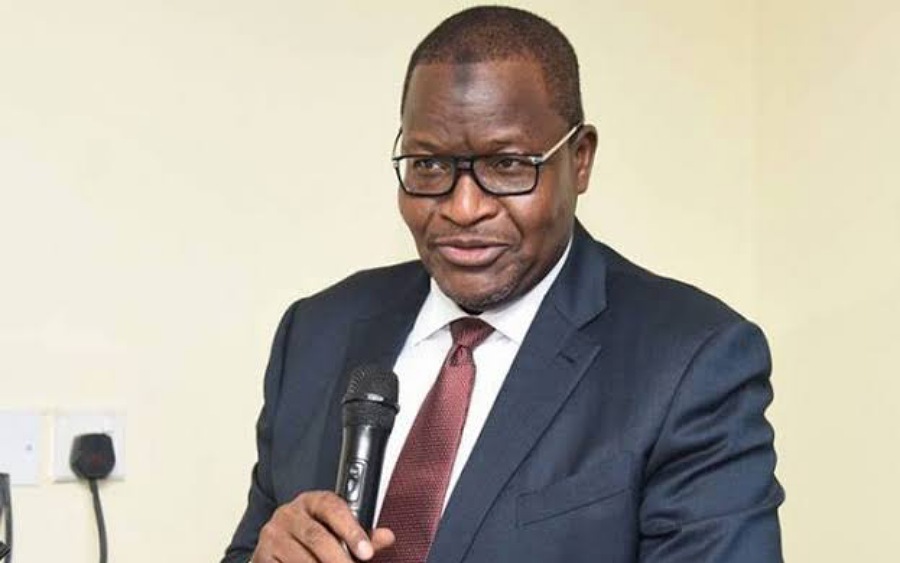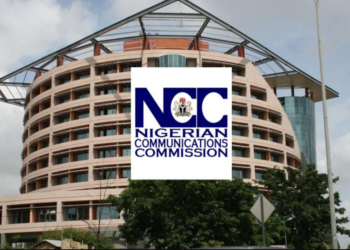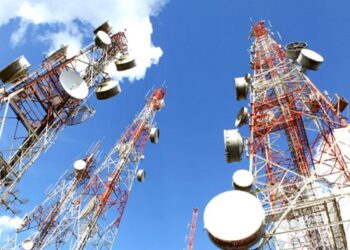The Nigerian Communications Commission (NCC) says it is committed to the implementation of various regulatory initiatives and programmes, especially the deployment of fibre infrastructure with infrastructure companies to deploy broadband in all 774 local government areas of Nigeria
The Executive Vice Chairman and Chief Executive Officer (EVC/CEO) of the NCC, Prof. Umar Garba Danbatta disclosed this during an in-house interview at the Commission’s Head Office in Abuja on Monday.
He stated that the FG is working towards addressing infrastructure gaps, and commended both state and non-state actors for the vision, diligence and continued dedication to the implementation of the Nigerian National Broadband Plan (NNBP) 2020-2025, an initiative to address infrastructure gaps in the telecom and ICT sector.
What the NCC chief is saying
Mr Danbatta stated that the availability of broadband in sufficiency was non-negotiable and irreducible in the nation’s strategy towards delivering pervasive telecom services.
He said he was gratified that the new plan particularly took into consideration, the identified gaps and challenges in its precursor, the National Broadband Plan 2013-2018, to which implementation, the NCC was equally central to.
“One of the identified gaps to robust connectivity was the fact that inadequate infrastructure remained a bane to achieving desired broadband penetration to boost access to services that will enhance economic growth and development,” he said.
He added that the NCC knows the importance of infrastructure expansion and is committed to seeing the licensed Infrastructure Companies (InfraCos) work speedily and with precision to cascade fibre to the hinterland, in order to enhance robust telecom service provision.
“The InfraCo licensees, expectedly, also prioritize stipulated licensing conditions to ensure expected milestones set by the Commission are achieved.
“The target for licensing the infraCos was to ensure the deployment of fibre infrastructure needed for pervasive broadband penetration across the 774 local government areas (LGAs).
“This will ensure access to telecoms services in the hinterlands of the country, and by so doing address the challenges of access confronting the unserved and underserved areas of the country,” he added.
In case you missed it
Nairametrics reported earlier that the Federal Government officially handed over the spectrum allocation for Fifth Generation (5G) deployment in the country to the Nigerian Communications Commission.























